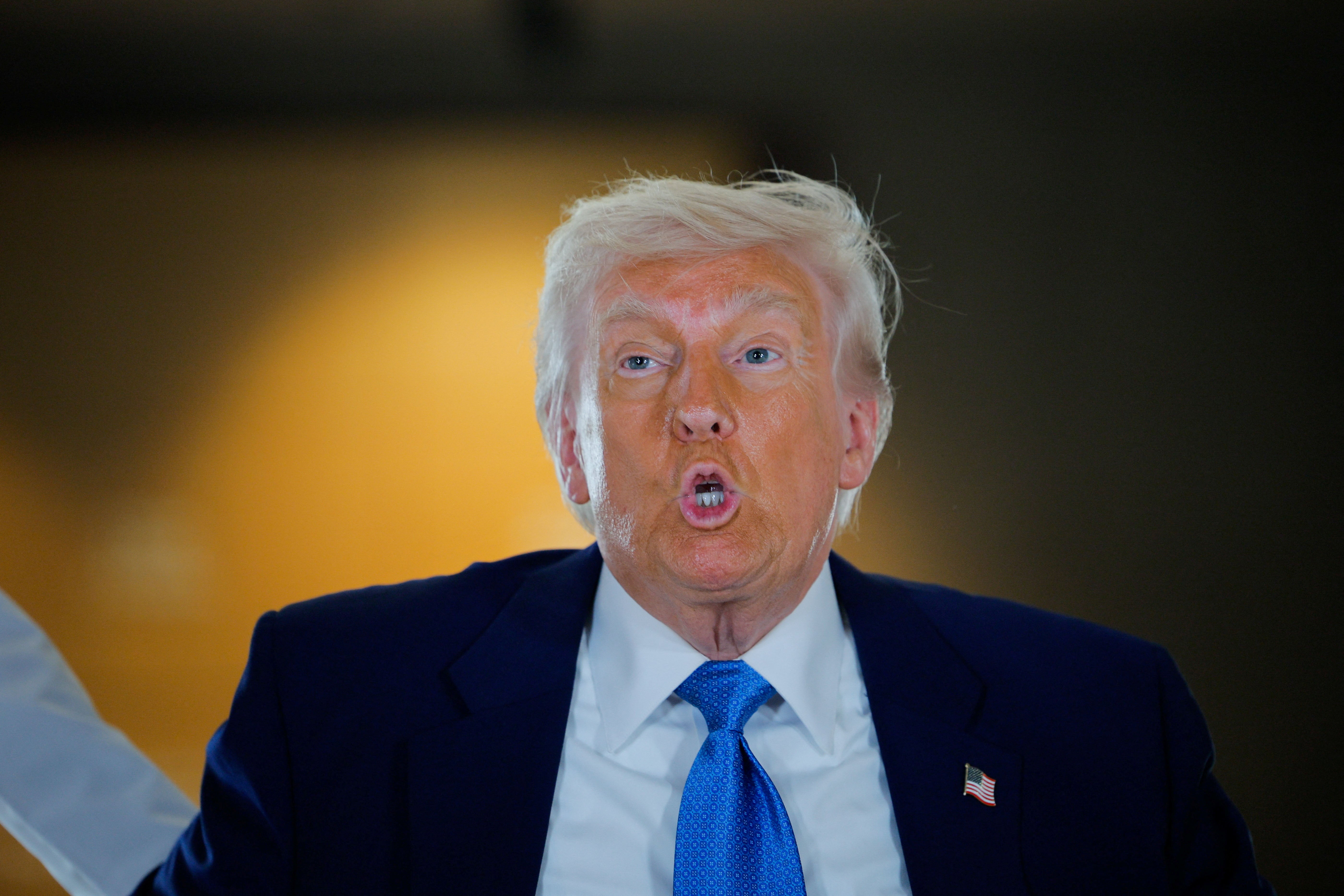Trump Walmart Tariff Standoff: How Trade Policy Impacts Everyday Prices
Introduction
The ongoing friction between former President Donald Trump and Walmart has reignited debates about tariffs, consumer pricing, and the global supply chain. As the world’s largest retailer, Walmart is on the front lines, navigating policies that directly affect millions of American shoppers. This article dives into the heart of the Trump Walmart controversy, examining its real-world impact and what it means for your wallet.
Trump’s Tariff Policies and Walmart’s Response
During Trump’s presidency, tariffs were a focal point in trade negotiations, especially with China. Walmart, which relies on global suppliers, has been vocal about the challenges these tariffs bring. As reported by CNN Business, Walmart executives warned that rising tariffs would inevitably lead to higher prices on products ranging from groceries to toys. The company’s CEO, Douglas McMillon, noted that their priority remains keeping prices low but absorbing the full brunt of tariffs isn’t feasible due to narrow retail margins.
Trump quickly fired back, using his social media platforms to claim that Walmart should "eat the tariffs" rather than pass increased costs on to customers. He insisted both Walmart and its overseas suppliers could absorb the tariffs, dismissing the retailer’s concerns as an excuse for raising prices. For more details on Trump’s statements and Walmart’s reaction, check out this in-depth coverage from The Independent.
How Tariffs Affect Consumer Prices and Everyday Goods
Walmart’s business model thrives on low prices and high volume. When tariffs rise, import costs increase, which means essential products like groceries, electronics, and school supplies are more expensive to import and stock. According to CNN Business, items such as bananas, avocados, toys, and baby gear are among those most affected by tariff-induced price hikes.
The impact doesn’t stop at toys or gadgets. Everyday essentials like home goods and food staples have seen jumps in price tags. One illustration is the reported rise in bananas and household appliances available at stores across the U.S. Industry analysts point out that low- and middle-income families—the core of Walmart’s customer base—feel these price increases most.
The Broader Economic and Political Context
The Trump Walmart dialogue shines a spotlight on the intersection of politics, business, and consumer welfare. While Trump claimed tariffs would boost American manufacturing and jobs, many retailers and economists warn of the unintended consequences for shoppers. Persistent inflation and slowed consumer spending are already being reported, as highlighted in The Independent’s article.
For years, affordable imports have made goods cheaper for Americans. With tariffs in place, some families face tough choices: paying more for basics or going without. Trump himself acknowledged that kids might have to get by with fewer dolls, a remark emblematic of the broader consumer impact.
Looking Ahead: What It Means for Shoppers
As the debate continues, Walmart and its customers remain at the center of the tariff storm. While the retailer pledges to keep prices as low as possible, the scale of tariffs means some increases are unavoidable. Policymakers and business leaders remain divided over who should bear the brunt—the corporations or the consumers.
In sum, the Trump Walmart faceoff is more than a headline. It’s a real-time case study in how global trade policy can touch every American household. Stay informed and keep an eye on further updates from leading news sources as the conversation evolves.
Conclusion
The standoff between Trump and Walmart underscores the tangible effects that economic policy can have on daily life. As tariffs continue to influence prices, American consumers are encouraged to follow the evolving situation, consider their shopping choices, and stay engaged in the broader debate on trade and consumer costs.
